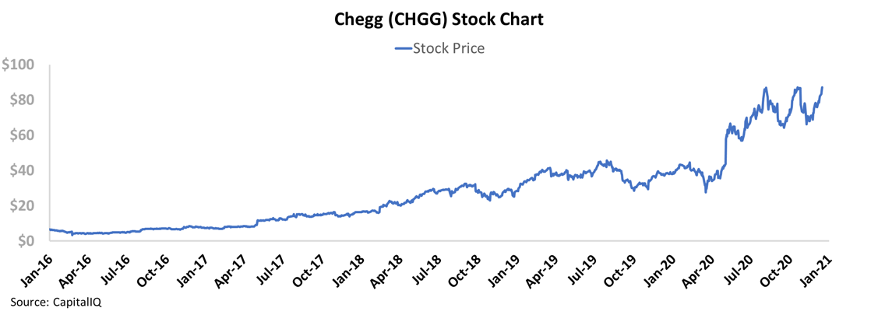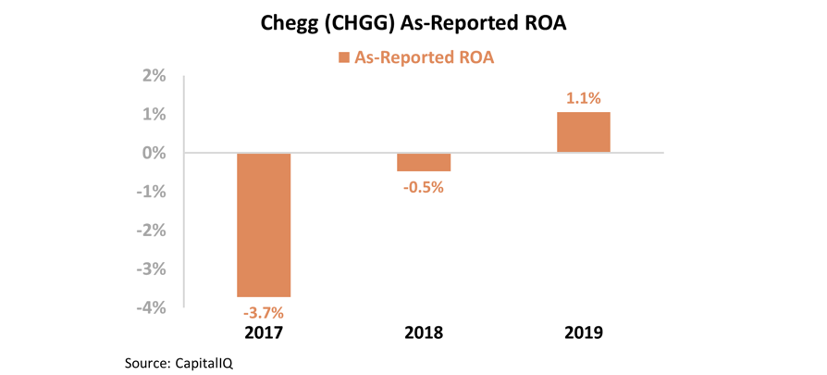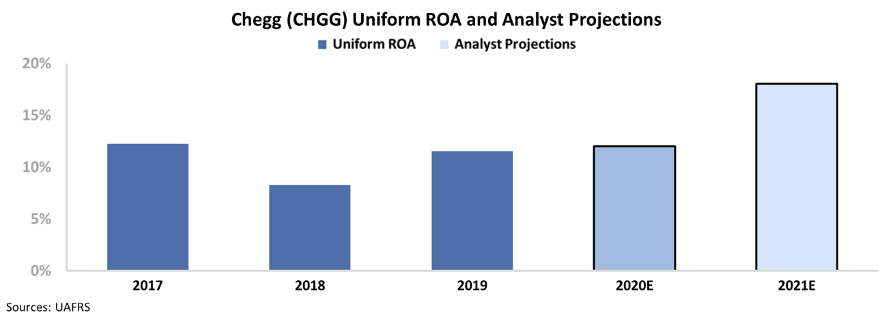 We turned a person into a verb... for powerfully 'sleeping on it.'
We turned a person into a verb... for powerfully 'sleeping on it.'
My coaching comment to our teams this week stems from Gestalt theory (if you remember that from your psychology classes way back when!)...
In its simplest form, the theory emphasizes that we perceive patterns or configurations rather than just individual components.
In my courses, I find the simplest example is when someone draws three dots on a chalkboard, not in a straight line. When asked what they saw in the dots, folks quickly say they see a triangle – not just three random dots. Our minds are naturally predisposed to filling in those lines between the dots.
Many decades ago, Bluma Zeigarnik, a brilliant psychologist, studied a mental process rooted in this. She saw waitstaff in restaurants who had seemed to have an amazing recall of various orders table by table, so long as the customers hadn't received their food yet.
As long as there were dots left to connect, so to speak, their minds continued to work and remember. Interestingly enough, once a table's food orders were filled – and the dots no longer needed to be connected – the waitstaff's memory of any particular table dropped dramatically.
 This became known as the 'Zeigarnik effect'...
This became known as the 'Zeigarnik effect'...
The conscious acknowledgement that a task is incomplete causes our minds to continue to work subconsciously.
The same idea is true while studying. Cramming for six hours the night before an exam is less efficient than studying two hours a day over a three-day period preceding the exam. When cramming, our minds don't have the opportunity to digest the information over time and overnight.
Years ago, our people at Altimetry began using Zeigarnik's name as a verb. We often tell each other and our teams to "Zeigarnik it" when referring to a particular problem or decision. That ranges from our investment committee picking stocks to our developers thinking of new ways to ingest data. We understand an immediate response is usually worse than one where ideas can percolate for hours or days – or nights.
We also try not to begin and finish a research report on the same day we started it – stepping away from writing can give our minds time to think. As great writers say, "The best writing is rewriting." And that is best done over elapsed amounts of time, not in a single session.
No matter what kind of problem-solving is needed – whether it's at work, home, or school – taking breaks is an important part of a successful mental process. Solutions to problems will likely be more creative and outcomes will be better.
This is where the idea of "sleeping on it" gets its power. Whatever the task at hand, beginning it earlier and pausing to allow the mind to digest information – including taking an overnight break – leads to far better and more efficient decision-making.
We use the term "Zeigarnik" because you don't have to actually sleep for this to be effective. A mere pause in the process allows for improved mental cognition.
While we hope you find this concept interesting, we'd suggest you ponder this article for a while and come back to it later (or tomorrow). You'll likely find it a lot more useful... after you've Zeigarniked it.
 For students in the U.S., trying to spread out studying time can be difficult...
For students in the U.S., trying to spread out studying time can be difficult...
The coronavirus pandemic has upended normal school schedules. Some students are now in their 10th month of online learning, while others are back in the classroom or using a "hybrid" model. With learning conditions consistently changing, it can be challenging to juggle work and study times.
One company trying to help students study is Chegg (CHGG). It provides textbook rentals, online tutoring, and other services.
Just like we've commandeered the word "Zeigarnik" as a verb, "Chegg" itself has also become a verb at many colleges. When students have trouble working on homework or other problems, they "Chegg" it and see what help they can find through the company's services.
Use of the site and Chegg's services have exploded in recent years. Over the past five years, annual subscribers have increased from 1.5 million to 3.9 million.
This growth has led to CHGG shares skyrocketing. Since 2016, the stock is up more than 1,300%.
A growing user base isn't the only reason for Chegg's strong stock performance, either. The company also leverages an "asset light" business model and takes in recurring revenue in the form of subscriptions.
 And yet, the GAAP metrics don't show a successful story for helping students learn remotely...
And yet, the GAAP metrics don't show a successful story for helping students learn remotely...
According to the as-reported return on assets ("ROA"), it would appear that Chegg only recently became a profitable business last year. Prior to that, its profitability was negative. Take a look...
Considering these poor returns, investors might wonder if the market is overly excited about the company.
Those concerns are misplaced though, since as-reported metrics aren't an accurate depiction of Chegg's profitability. GAAP distortions – including the treatment of stock option expenses and excess cash – are severely undervaluing the company's earnings.
Uniform Accounting shows that Chegg has been profitable in each of the past three years, with the company's Uniform ROA in a range between 8% and 12%. Additionally, as Chegg continues to benefit from the "At-Home Revolution," analysts project returns to improve and reach as high as 18% this year...
Analysts understand both the importance and success of Chegg in an online environment. With students learning from home, the company has seen impressive demand... and that has translated into strong returns.
 Anticipating the positive tailwinds, we added the name to the Altimetry's Hidden Alpha portfolio back in early May... before Wall Street started to catch on to the real story.
Anticipating the positive tailwinds, we added the name to the Altimetry's Hidden Alpha portfolio back in early May... before Wall Street started to catch on to the real story.
CHGG shares went on a tear since our recommendation. Wall Street started to pick up on the strong fundamental signals that Uniform Accounting had already identified.
So in December, we closed out our position... and readers who followed our advice booked a gain of 94% in seven months.
While we closed out Chegg, we've identified other winners of the At-Home Revolution that have massive upside potential. They're also benefitting from how people's habits are changing with more time spent at home... but the market still doesn't understand the real story due to GAAP distortions. Learn more right here.
Regards,
Joel Litman
January 8, 2021



 We turned a person into a verb... for powerfully 'sleeping on it.'
We turned a person into a verb... for powerfully 'sleeping on it.'




